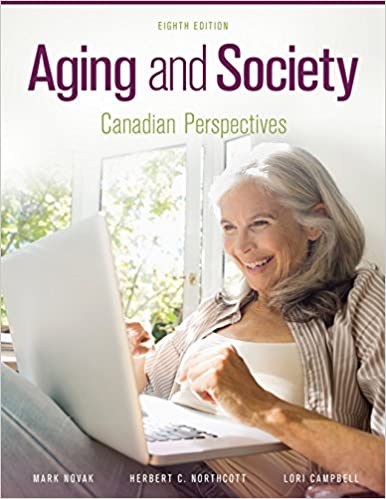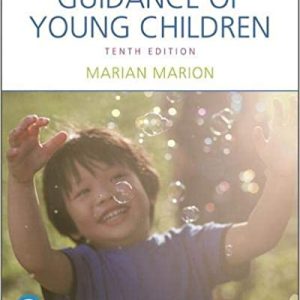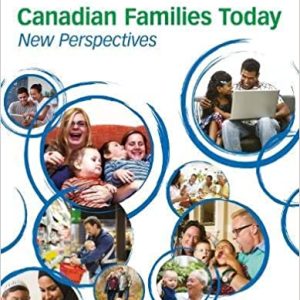Description
As the 21st century unfolds, the study of aging will increase in importance. Canada’s population will have more older people than ever before. These people will make new demands on Canada’s healthcare, retirement income, and housing resources. They will also bring new interests, skills, and approaches to later life. People young and old will need to understand the realities of aging in this new era. This text presents a full picture of aging—problems and all. But it also emphasizes the opportunities and advantages of later life to illustrate its underlying theme: successful aging. This theme makes more sense today than ever before. Longer life and more years of activity and good health have changed the landscape of old age. Late old age still brings physical decline. But better health and nutrition at every stage of life, along with advances in medicine, extend the active years of middle age. The sayings “60 is the new 40” and “70 is the new 50” may have begun as clever remarks, but they describe the reality of aging today for more and more people. Above advances in health care, nutrition, and medicine, technological change, a globalized economy, unstable work careers, demographic change, convergence of male and female career opportunities—all call for new models of aging to fit new patterns of social experience. Many changes have taken place in Canadian gerontology. New researchers have entered the field of aging. The government has released many reports that summarize studies of health, housing, and pension policies. And consortia of researchers and research centres have published the results of their studies. This body of knowledge will shape social policy in the future. We have used these sources and many others, including academic journals, books, and online reports to update this text to engage students and provide a deeper understanding of how the topic relates to their lives and society.





Reviews
There are no reviews yet.